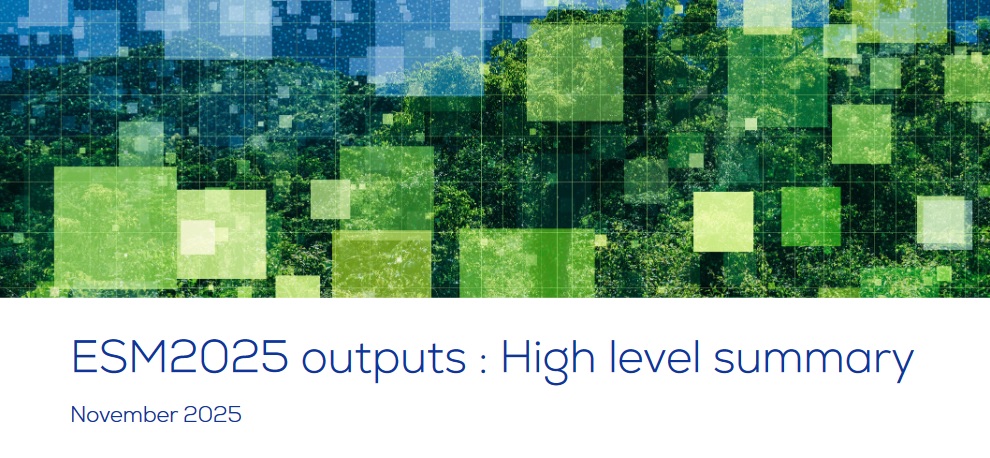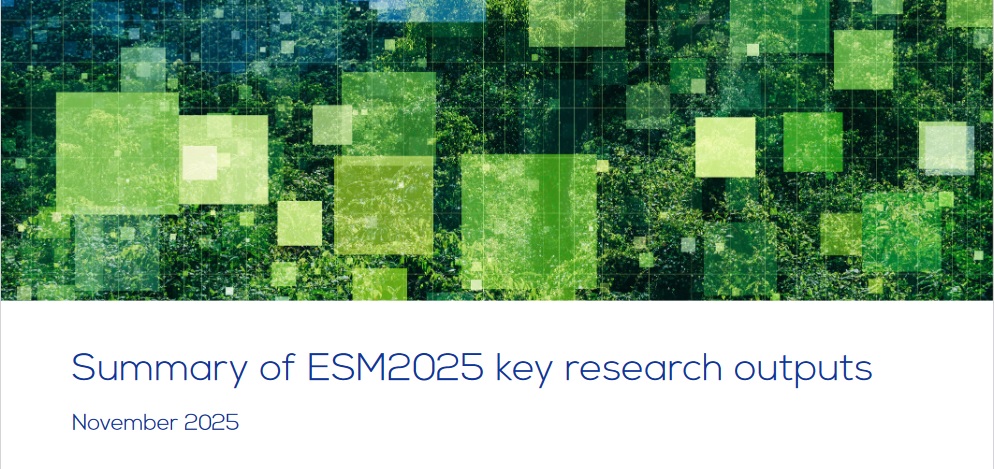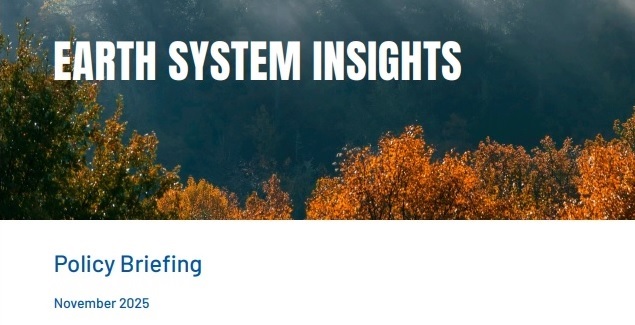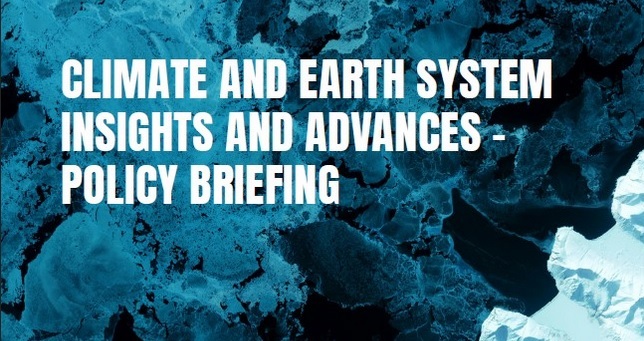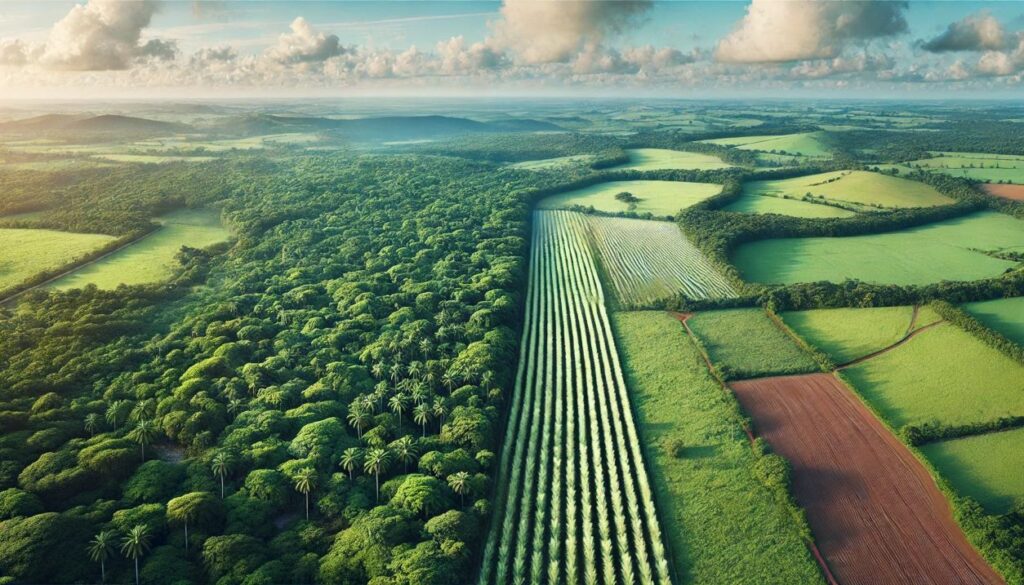A high-level summary of ESM2025 key research outputs and their policy relevance.
Climate action
A detailed summary of ESM2025 key research outputs and why they matter.
Drawing on work from six Horizon Europe projects (ESM2025, ClimTip, TipESM, OptimESM, nextGEMS and RESCUE) and a third policy forum held in September 2025, this Earth System Insights briefing summarises the latest evidence on how human emissions are changing the climate and what this means for mitigation and risk management.
This briefing explores the questions raised during the second ESM2025 policy forum.
How Earth System Models assess land-based carbon removal (AR, BECCS): carbon-cycle responses, and local climate side-effects; and how Integrated Assessment Models then asses socio-economic constraints that shape decision-ready deployment.
The SCORE project is a 10-million-euro initiative funded by the European Union, designed to enhance climate resilience in coastal regions facing escalating natural hazards. Its primary objectives include mitigating the […]
PREPSOIL focuses on restoring ecosystem services such as climate mitigation, water infiltration, and food production by addressing key challenges like desertification, carbon loss, erosion, and nutrient pollution. Central to its […]
EJP SOIL aims to transform agricultural practices by fostering sustainable soil management across Europe. Its primary goals include enhancing soil health to combat climate change impacts like droughts, compaction, and […]
Coastal cities face escalating threats from climate change, where extreme weather events—from flash floods to heatwaves—disrupt daily life, damage infrastructure, and endanger public health. Addressing this urgency requires real-time, adaptive […]
The ICARIA project aims to improve our ability to manage climate change impacts on essential public infrastructure by developing advanced modelling tools. These tools are designed specifically to help decision-makers […]

